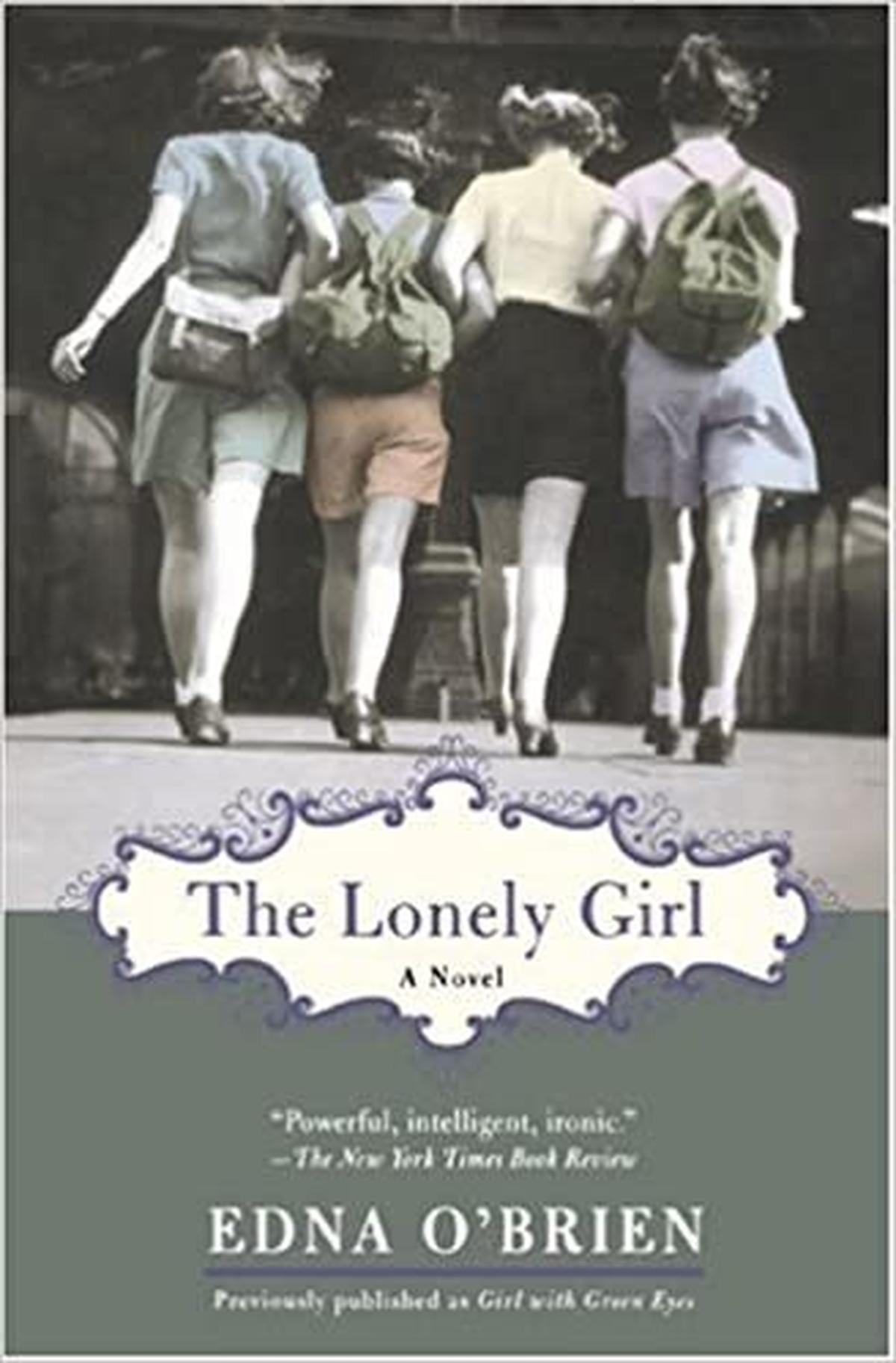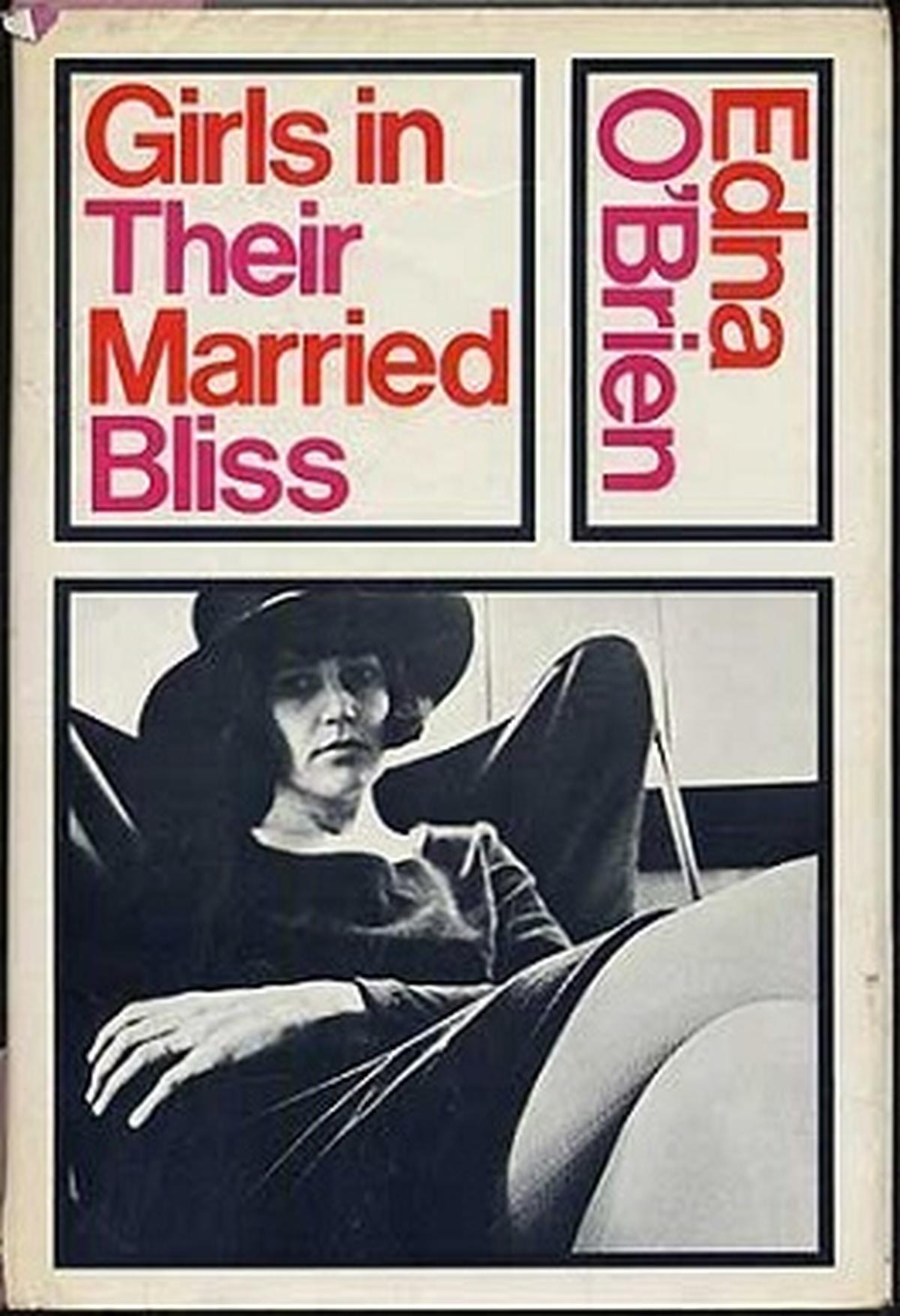“When I was a child in Ireland, a spring would suddenly appear and yield forth buckets of beautiful clear water, then just as suddenly it would dry up. The water-diviners would come with their rods and sometimes another spring would be found. One has to be one’s own water-diviner.”
In six decades of writing on love, loss, and Ireland, Edna O’Brien was her own unique water-diviner. In terms of the lovely nature-based metaphor she used in a celebrated Paris Review interview, her prose was an endless spring: clear, deeply felt, and often very funny.
Yet her debut novel The Country Girls faced a wrathful reception when it was first published in 1960. The book was immediately banned in her home country; copies were publicly burned; and she began to receive the first of many nasty anonymous letters.

Her response to that was she wrote two sequels in quick succession, The Lonely Girl (1962) and Girls in their Married Bliss (1964). All the novels in the trilogy spoke with fresh and clear abandon about family violence, religious hypocrisy, female friendship, defiance of convention, and the interior lives of young Irish women. All the novels were promptly banned in Ireland.

The bans did not stop Edna O’Brien from blazing a new trail. Her lyrical prose, intensity of feeling, and candour had a major impact on writers who came after her. For Anne Enright, O’Brien was “the great, the only, survivor of forces that silenced and destroyed who knows how many other Irish women writers.”
It is a measure of the distance travelled by Irish society that last month, after Edna O’Brien’s death at the age of 94, Irish President Michael Higgins paid tribute to her work for “the moral courage to confront Irish society with realities long ignored and suppressed.”
Ireland as theme
Ireland was O’Brien’s great theme. As an exile who lived in London for most her life, she nevertheless chose to be buried in Ireland in her home village. In an interview about her archive, she explained her intense relationship with the country of her birth: “First of all I’m Irish. I was born in Ireland. My remains will go to Ireland. As a young child and as a girl Ireland fed me imaginatively and emotionally.”
Josephine Edna O’Brien was born in 1930 in a religious farm family in the Irish village of Tuamgraney in County Clare. It was a strange, repressive childhood in a strange, repressive time, one that she would later describe with words like “fervid,” “enclosed,” “bigoted,” and “suffocating.” Her father drank, gambled, and was profligate with land and property. Her mother had once worked as a maid in Brooklyn. They were an oddly matched couple. It was not a home that supported her love for reading; her mother once found a Sean O’Casey novel and wanted to burn it. This was the troubled soil in which O’Brien’s imagination was nurtured. She responded with resilience: “Unhappy houses are a very good incubation for stories.”
As a girl O’Brien went to a convent school run by Irish Catholic nuns, studied pharmacy, and worked as a pharmacist in Dublin. In her Paris Review interview, she spoke sardonically about this phase of her life. “There was a sort of Irish literary scene but I wasn’t part of it. One reason was poverty, another that I didn’t have an entrée; I was just a chemistry student in a bed-sit. I had to do my apprenticeship alone.” Dublin is also where the Country Girls escape to. Cait buys herself black nylons, having read that they were ‘literary.’ Worldly-wise Baba also advises Cait to be more sensible: “Stop asking fellas if they’ve read James Joyce’s Dubliners. They’re not interested. They’re out for the night.”
Life moved rapidly for O’Brien in Dublin. In her early twenties, she met and married a much older writer Ernest Gebler. They moved to London, had two sons, and settled in suburbia. Within weeks of arriving in London, she wrote The Country Girls. As she began to achieve literary success, Gebler grew envious. Their imaginations were not in congruence. The marriage broke up.
Complicated reactions
Critical reception to O’Brien was complicated. Ireland was deeply suspicious of the act of writing, more so if its themes were childhood and the secret lives of families. Many literary men dismissed O’Brien’s work; some feminists dismissed her. She was criticised for going too far; also for not going far enough. Some critics regarded her as a superficial socialite. She shrugged through it all: “You can’t write all these books and rear children and earn your living and have a gilded life.”
She continued to write. The spring ran clear and true. “When you are young, you have boundless energy — you run the house, mind the children, and write your despair.” She wrote about other writers: Virginia Woolf, James Joyce, Byron. She wrote plays, screenplays, and children’s books. She wrote about Irish traumas: such as in Down by the River, where a teenage rape survivor tries desperately to get an abortion. She interviewed Sinn Fein leader Gerry Adams for The New York Times. Her last work, Girl, was about a young Nigerian girl abducted by terrorists. In her eighties, she travelled to Nigeria to research the book. But then, she knew a bit of what it was like to grow up as a girl in a repressive, suffocating environment. The novel begins on a powerful and unforgettable note: “I was a girl once, but not any more.”
In O’Brien’s work, women fight to express themselves. Sometimes they fight to survive. They come through, wounded but undefeated.
Uma Mahadevan Dasgupta is in the IAS.




